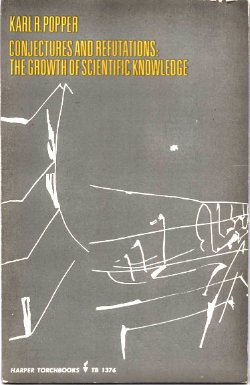By Gerald R. Cragg
FROM THE PREFACE: “This span in the history of the Christian church stretches from the age of religious and civil strife which existed before the middle of the seventeenth century to the age of industrialism and republicanism which followed the French Revolution and the beginning of the Napoleonic wars. The church in general, reacting strongly against the turbulences of the Civil War and the Thirty Years' War, placed a premium on order, moderation, and stability. Movements suspected of enthusiasm, such as Puritanism, Quietism, and Jansenism, fell into disrepute, and the authority exercised by the state in religious affairs became more pronounced. It was an age dominated by Reason, which, until it provoked a reaction in such movements as Pietism and Evangelicism, posed a formidable challenge to Christianity.”
London. Penguin. 1960. 297p.




















